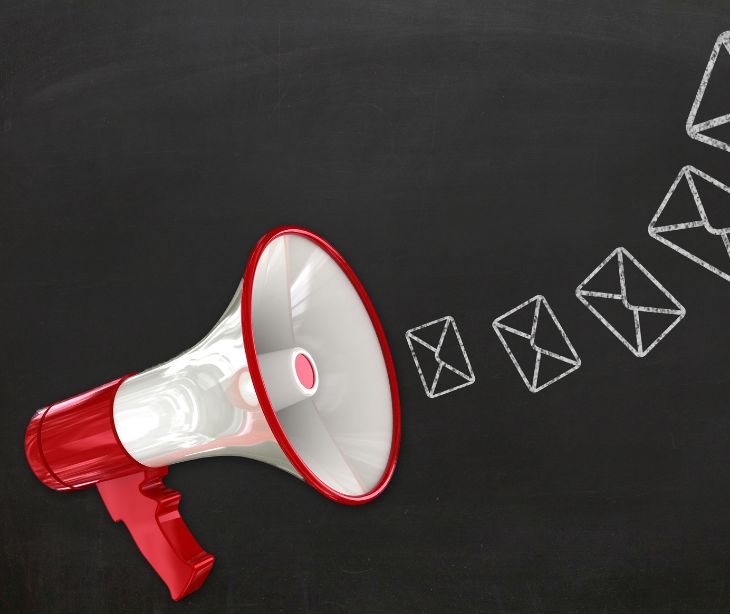
Yes, HIPAA allows healthcare marketing, but it must be HIPAA compliant. In most cases, marketing is considered HIPAA compliant when patients provide explicit consent, typically through a clear and documented opt-in process.
Understanding HIPAA regulations
HIPAA has two primary objectives: to ensure the confidentiality and security of protected health information (PHI) and to enable the secure transfer of health information when needed. PHI encompasses a wide range of patient data, including medical histories, treatment records, payment information, and other personally identifiable information.
HIPAA compliance in email marketing
1. Patient consent
One of the core tenets of HIPAA compliant email marketing is obtaining consent from patients before sending them marketing emails. This consent process must be unambiguous, demonstrating that patients willingly agree to receive marketing communications.
A double opt-in process is highly effective for ensuring patient consent. In a double opt-in, patients not only express their initial interest but also confirm their desire to receive marketing emails by clicking on a confirmation link sent to their email addresses. This added step ensures that patients actively acknowledge and consent to the communication.
Related: Understanding opt-in and HIPAA compliant email marketing
2. Opt-out mechanism
To adhere to HIPAA regulations, healthcare organizations must provide an easy opt-out mechanism in every marketing email. This mechanism allows recipients to unsubscribe from future communications with minimal effort.
Moreover, healthcare providers must honor opt-out requests promptly. Failing to do so violates CAN-SPAM and HIPAA regulations.
3. PHI in healthcare email marketing
HIPAA mandates careful handling of PHI in marketing communications, traditionally advising against including sensitive data such as patient names, addresses, dates of birth, medical conditions, and other confidential information in marketing emails.
However, HIPAA compliant email marketing tools, like Paubox Marketing, allow healthcare organizations to securely include PHI in their marketing emails. These specialized tools ensure that marketing emails containing PHI are encrypted in transit, providing a secure channel that adheres to HIPAA's stringent privacy and data protection standards. This allows for greater personalization in healthcare marketing, leading to increased open rates and patient engagement.
Go deeper: 2023 email marketing benchmarks in the healthcare industry
4. HIPAA compliant email service providers
Healthcare organizations should use email service providers that are specifically designed to be HIPAA compliant. These providers typically offer enhanced security measures and encryption protocols to safeguard patient data. As mentioned above, HIPAA compliant email marketing tools allow marketers to personalize their outreach.
Healthcare organizations should establish Business Associate Agreements (BAAs) with these providers. A BAA is a legally binding contract that ensures the email service provider complies with HIPAA regulations and commits to safeguarding patient data.
5. Email encryption
Healthcare organizations should employ email encryption for all marketing emails to bolster patient privacy and data security. Email encryption transforms the content of emails into unreadable text that can only be deciphered by the intended recipient, reducing the risk of data interception and unauthorized access.
6. Strong authentication
Implementing strong authentication measures for email accounts helps prevent unauthorized access to patient data and email communications. Healthcare organizations should use multi-factor authentication (MFA) or other robust authentication methods to enhance the security of email accounts.
Subscribe to Paubox Weekly
Every Friday we'll bring you the most important news from Paubox. Our aim is to make you smarter, faster.




